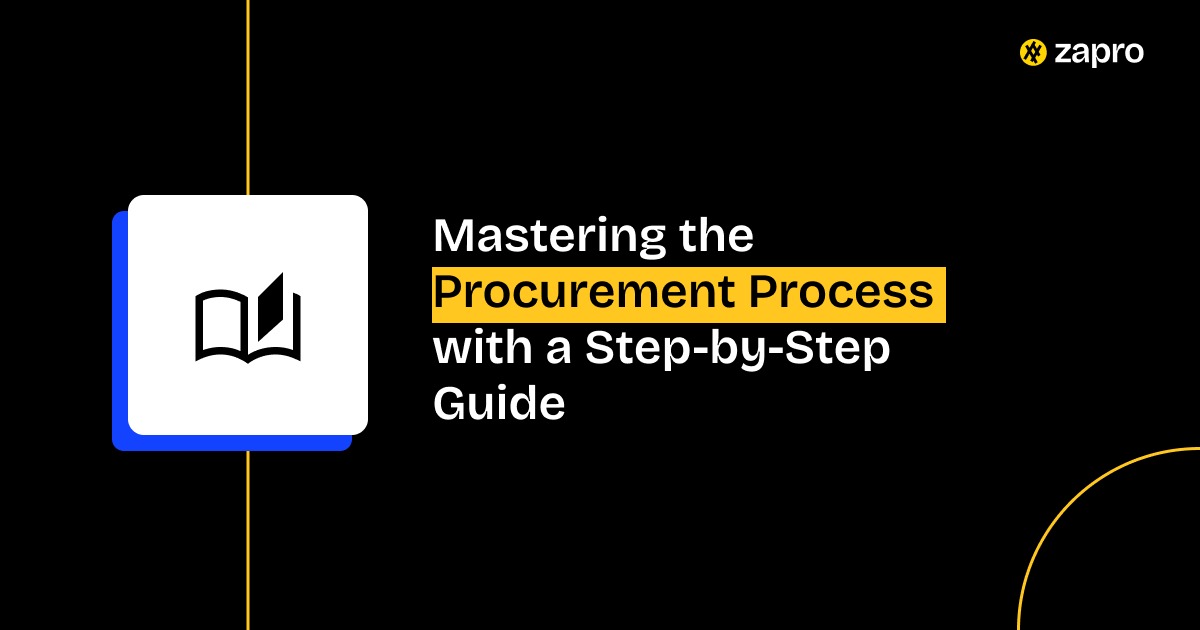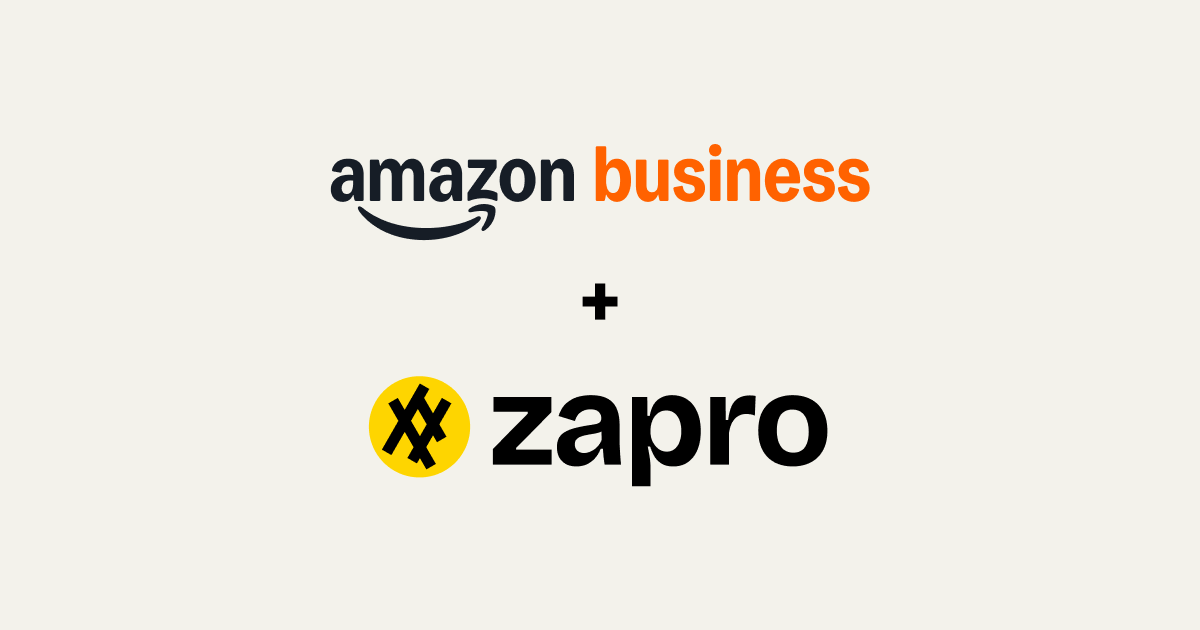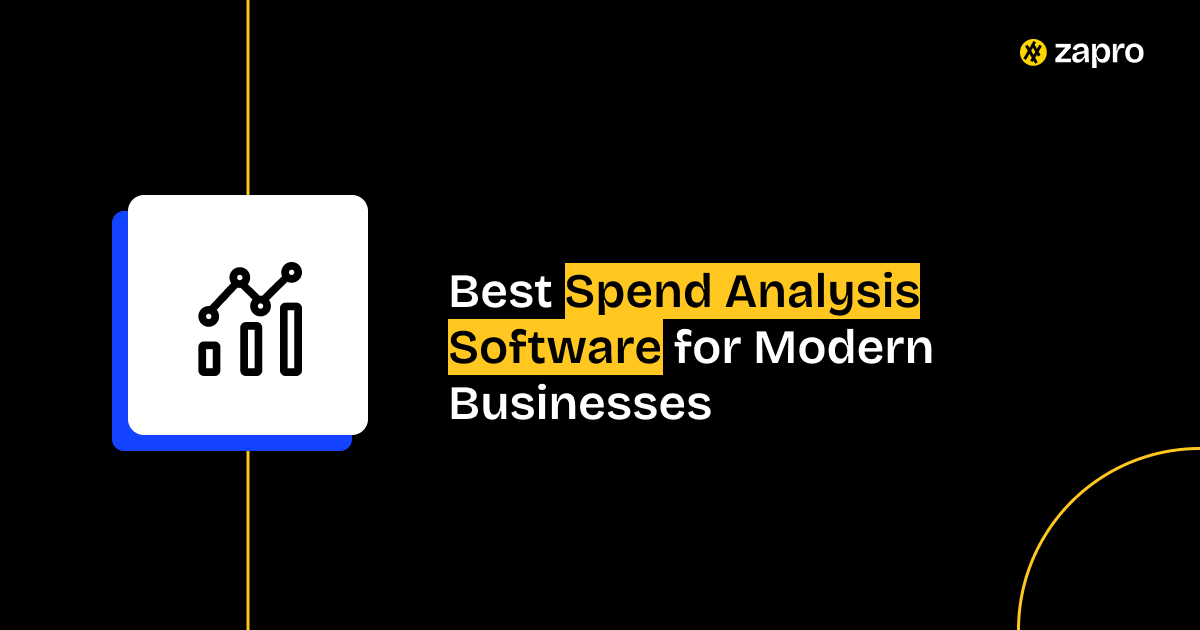In today’s digital era, every business is on a constant quest to optimize operations and strategies. Procurement, an integral part of any organization, is no exception. Procurement analytics has emerged as a powerful tool that can transform the procurement process, driving efficiency, cost savings, and data-driven decision-making. But what exactly is procurement analytics? Let’s demystify it!
What is Procurement Analytics?
Procurement analytics is a systematic approach that leverages data and statistical methods to derive valuable insights from historical organizational data. These insights then become the catalysts for decision-making, strategy formulation, and procurement process optimization. In simpler terms, procurement analytics takes the bewildering array of figures and data related to procurement and presents it in a clear, easy-to-understand manner. It’s like having a magic crystal ball that reveals crucial business insights!
Why is Data Analysis Important in Procurement?
With data becoming the new oil, its significance in every sector is undeniable. In procurement, data analytics plays a pivotal role in optimizing spending and enhancing efficiency. Organizations invested in procurement analytics access extensive data, which can be analyzed using statistical analysis, data mining, and machine learning techniques. The result is an improved understanding of the data, identification of spending patterns, establishment of relationships between different data types, and prediction of future trends. In short, data analysis is the key that unlocks the treasure trove of insights hidden in procurement data.
Benefits of Procurement Analytics
Procurement analytics offers a plethora of benefits that can propel your organization towards success. Here’s a rundown of some key advantages:
- Enhanced Decision-Making: Real-time access to crucial data enables procurement software professionals to make informed decisions based on accurate and up-to-date information.
- Cost Optimization: By analyzing spending patterns and identifying areas of waste, organizations can uncover cost-saving opportunities.
- Supplier Performance Management: Analytics allows businesses to track and evaluate supplier performance, fostering strong and mutually beneficial supplier relationships.
- Risk Mitigation: Procurement analytics provides real-time visibility into supplier data, market conditions, and regulatory compliance, aiding in the proactive monitoring and mitigation of potential risks.
- Process Efficiency: Automation of manual tasks such as data entry and invoice processing reduces errors, saves time, and frees up resources for strategic activities.

According to Gartner, 74% of procurement leaders report that their data isn’t ready for AI—significantly limiting the potential of advanced analytics and agentic AI in procurement processes
How Analytics Can Be Used in Procurement
Procurement analytics can be a game-changer at all stages of the procurement process. Here’s how:
Planning and Sourcing
During the planning stage, organizations determine what products or services to procure and when. The procurement plan guides the buying process, ensuring the right products or services are procured at the right time. In the sourcing stage, data analytics can be used to understand trends in supplier pricing, quality, and delivery time, helping to select the best-fit suppliers.
Contract Award and Management
The contract award and management stage involves awarding a contract to a supplier and then managing it over its term. Analytics can ensure that the supplier meets their contractual obligations, monitor spending against the contract, and aid in the renewal or termination of the contract.
Supplier Performance Management
Supplier performance management involves monitoring and managing supplier performance to ensure it meets the organization’s needs. Analytics can set performance targets, measure progress against those targets, and take action to improve performance as needed.
Spend Analysis
Spend analysis involves understanding how an organization spends its money. This includes identifying spending patterns, understanding what drives spending, and finding ways to reduce or optimize spending.
Why is Procurement Analytics Helpful for Businesses?
Procurement analytics provides a baseline for understanding business operations and identifying growth opportunities. It allows organizations to have a better understanding of their spending, which in turn, enables them to save money. In this day and age, it is important for companies to be as cost-effective as possible, and procurement analytics is one way to achieve this goal.
What Are the Key Activities in Procurement Analytics?
Procurement analytics involves several activities that can improve decision-making. These activities generally include:
- Analysis of Past Activities: Past procurement tools data is analyzed to identify trends, patterns, and relationships that can be used to make better decisions in the future.
- Predictive Analytics: Predictive analytics is used to predict future trends. This involves using data from past years to predict how prices for certain commodities might fluctuate in the future, which can then be used to help organizations make more strategic decisions about their procurements.
Applying Procurement Analytics in Business Operations
Procurement analytics can be used in several ways, depending on an organization’s specific needs. Some of the most common applications include:
- Spend Analysis: Spend data analysis is one of the most important types of procurement analytics. This analysis looks at an organization’s spending patterns to identify areas of waste and potential savings.
- Contract Management: Contract management involves analyzing data from contracts to improve the negotiation process, identify errors or discrepancies, and ensure that the terms of the contract are being met.
- Supplier Performance Analysis: Supplier performance analysis allows you to track performance of suppliers over time and identify any issues that may arise.
What Does a Procurement Data Analyst Do?
Procurement data analysts play a crucial role in procurement analytics. They need to have strong analytical skills and communicate their findings to stakeholders effectively. Their responsibilities include:
- Identifying Trends and Areas for Improvement: Analysts review spend data and conduct market analysis to help identify trends and areas of improvement within the process.
- Analyzing and Communicating Insights from Data: Analysts are responsible for analyzing data to support decision-making on sourcing, negotiating, and employing strategies. They also communicate these findings as actionable insights.
Importance of Analysts in Your Business
The role of a procurement data analyst is vital in organizations, as their work can directly impact the bottom line. With their skills and expertise, they can bring clarity to the numbers and help the organization make informed and strategic decisions.
Investing in Procurement Analytics for Success
Procurement analytics is a tool that companies should invest in to become more successful. It not only helps businesses grow but also ensures that this growth is more sustainable. It allows them to have a better understanding of their spending, which in turn allows them to save money.
In this day and age, it is important for companies to be as cost-effective as possible, and procurement analytics is one way to achieve this goal. With procurement analytics, companies can become more aware of their performance, preventing them from becoming complacent with their success.
In conclusion, procurement analytics is a powerful tool that can transform your procurement strategy, making it more efficient and cost-effective. By leveraging data-driven insights, organizations can make better decisions, optimize costs, and improve supplier relationships. So whether you’re a small business or a large corporation, investing in procurement analytics can be a game-changer for your procurement operations.
This is where Zapro steps in. Zapro is an innovative solution that offers advanced procurement analytics capabilities. With Zapro, you can gain real-time insights into your procurement processes, identify areas for improvement, and make data-driven decisions. Experience the power of procurement analytics with Zapro today!
Unlock smart procurement insights with Zapro and boost ROI.

Don’t miss our weekly updates
We’ll email you 1-3 times per week—and never share your information.

 Healthcare
Healthcare Financial Services
Financial Services Technology
Technology Venture Capitalist
Venture Capitalist Chief Procurement Officer
Chief Procurement Officer Chief Financial Officer
Chief Financial Officer


